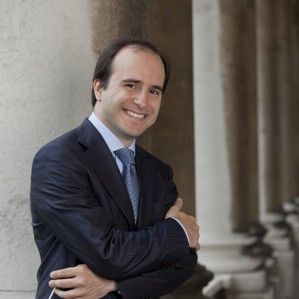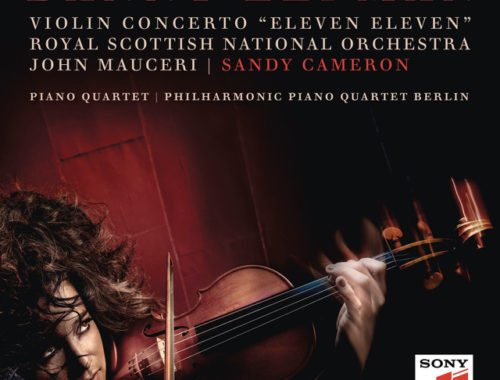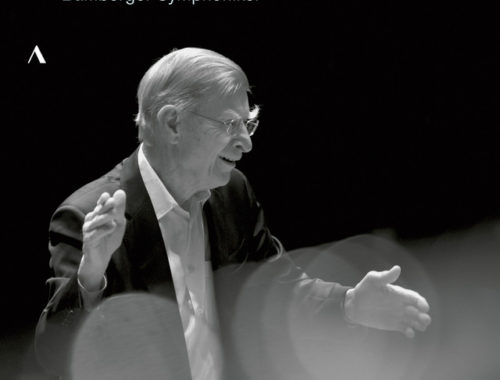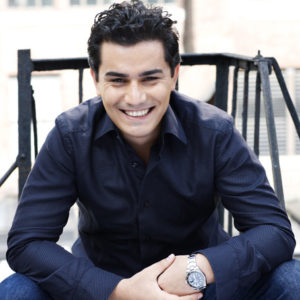Britten “War Requiem”, London Philharmonic Orchestra & Choir, Jurowski, Royal Festival Hall (Review)
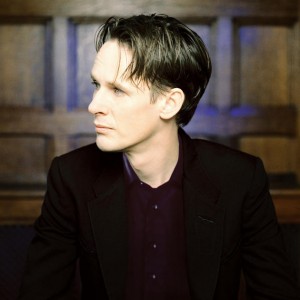 Britten’s innate theatricality shines through every single bar of his War Requiem. Atmosphere, drama, suspense, and high emotionalism is to a greater or lesser degree written into the piece (something which the naysayers always latch on to). And yet, with its planes of sound so precisely appropriated there is an acoustical part to be played and from the first tolling of bells and murmured choral entries of the opening “Requiem aeternam” in this performance from Vladimir Jurowski and the London Philharmonic Orchestra and Choir it was clear that the sound of the Royal Festival Hall was to prove the enemy of its success.
Britten’s innate theatricality shines through every single bar of his War Requiem. Atmosphere, drama, suspense, and high emotionalism is to a greater or lesser degree written into the piece (something which the naysayers always latch on to). And yet, with its planes of sound so precisely appropriated there is an acoustical part to be played and from the first tolling of bells and murmured choral entries of the opening “Requiem aeternam” in this performance from Vladimir Jurowski and the London Philharmonic Orchestra and Choir it was clear that the sound of the Royal Festival Hall was to prove the enemy of its success.
It’s been a while since I’ve heard the piece in this environment and confess that it took me by surprise how dramatically its immediacy impacted upon the dynamic of the performance. Only the Trinity Boys Choir, placed off-right in the level four bar, imparted that sense of something so remote that it was almost in our subconscious – but even that was achieved at the expense of near-inaudibility in the lower registers. It was left to the chamber orchestra, directed here by Neville Creed, truly to benefit from the ruthless (and somewhat sterile) clarity of the hall.
Something felt withheld, too, as though Jurowski was slightly overawed by the piece. The stuttering fanfares of the “Dies irae” were precise to the point of dryness and one or two moments of great import in the piece felt reined-in – like the sudden accumulation of brass and return of the “Dies irae” after the chilling baritone setting of Wilfred Owen’s “Be slowly lifted up, thou long black arm” where Matthias Goerne’s decision not to take the high pay-off note (a decision made in the moment?) hugely compromised abject terror of the moment.
Goerne had many beautiful – and heartfelt – moments but the occluded words were a problem with only key phrases starkly clarified. He was quite wonderful in the final moments of “Strange Meeting” and seemed to have saved all his emotional gravity to resonate with Owen’s iconic line “The pity of war, the pity war distills”. “I am the enemy you killed, my friend” always crystalises and makes personal Britten’s reasons for originally casting a German baritone and an English tenor in the roles and from the moment that Goerne and Ian Bostridge beerily “marched quite friendly up to death” the empathy was felt as well as heard.
Bostridge has really grown into the tenor role and now uses words and portamento with lethal cynicism offsetting the unforgettable tenderness of great moments like the juxtapositioning of the “Lacrimosa” and “Move him into the Sun” where Bostridge was heartbreaking. And who since Pears has crowned the “Agnus Dei” with so radiant a halo of head voice around the words “Dona nobis pacem”?
The London Philharmonic Choir were heroic throughout. Their thrice-repeated imploration for peace arrived through pained harmonic suspensions to consonance like a healing benediction. At the other extreme they were – in the “Sanctus” – a vociferous throng. But could Jurowski perhaps have made more of the crescendo of ad libitum voices at the climax of that section? I think so. Equally in the final moments of approach to the blinding climax of the “Libera me” (the Hiroshima chord, I call it – G minor with added nastiness) where the Four Horsemen of the Apocalypse are so literally characterised in the hoove-like pounding of the wood block. I wanted more of everything here, and certainly more of the soprano – late replacement Evelina Dobraceva – whose keening lamentations were honest and affecting but who lacked heft and what can only be described as a ringing authority in the big moments. But come that nuclear fission of a chord the London Philharmonic trombones weighed in with intimidating force and suddenly the immediacy of the hall was appropriately unforgiving.
And so this masterpiece prevails. But where one hears it will always be a factor in the memorability or otherwise of the whole experience – and the Festival Hall just doesn’t begin to open to its precisely imagined sound world.
